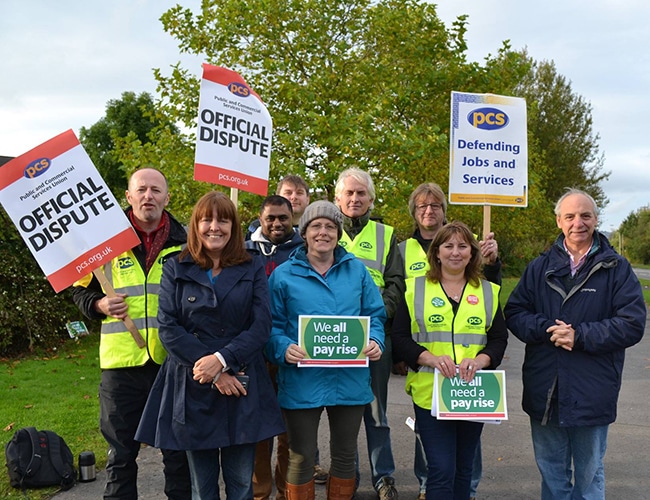- 28/04/2020
- Posted by: Mike Hedges MS
- Category: Latest News

Entrepreneurship- the mutual and Co-operative options
As we as society look to produce more entrepreneurs with universities promoting and teaching entrepreneurship and schools along with sixth form and Further Education colleges having enterprise challenges. For too many people when asked about entrepreneurship they think of Richard Branson and Bill Gates, if this question had been asked in the past names such as Phillip Green and Asil Nadir of Polly Peck would have been mentioned.
Our challenge is to highlight the success of the mutual and co-operative model and to get the mutual and co-operative model taught in schools as part of innovation and universities as part of entrepreneurship. We have lots of good examples including what we know as the Co-op but there are many others.
The John Lewis Partnership plc is the best known employee owned British company and it operates the John Lewis & Partners department stores, Waitrose & Partners supermarkets, banking and financial services, and other retail-related activities. The company is owned by a trust on behalf of all its employees who have a say in the running of the business, and receive a bonus, akin to a share of the profit.
Within the finance sector, often described as the heart of capitalism we have building societies and insurance companies which are owned, not by large financial institutions or individuals but by their customers.
We have mutual insurance companies which are insurance companies owned entirely by policyholders. Any profits earned by a mutual insurance company are either retained within the company or rebated to policyholders in the form of dividend distributions or reduced future premiums.
Until the Thatcherite finance changes most mortgage lending was done by building societies which were mutual organisations. The rise of the demutualised building society began in the 1980s when the Tory government allowed banks to offer mortgages, which had traditionally been provided by building societies. It also allowed the building societies to become banks if their members agreed. None of these changes from building society to bank worked well, some needed government bailout whilst others were taken over by the main high street banks.
Building Societies currently offer banking and related financial services, especially mortgage lending. Instead of having shareholders, building societies have members who collectively own the business and are also its customers. The advantage of building societies is that they are owned by the members and members have a direct say in decision making. Building societies work for the interests of their members, not of the shareholders and financiers.
Turning to the World of sport in Real Madrid is owned by its thousands of members, known as “socios”, who elect the president and The FC Barcelona is another club owned by the club members, these members form the governing body of the club and in 2016 there were an estimated 140,000 members. It is not only in Spain that the fans own their clubs with Bayern Munich in Germany , the official supporters’ club FC Bayern Munchen e.V own 81.8 percent of Bayern’s joint stock. This compares to Britain where football clubs are bought and sold, although at Swansea city the supporters trust, of which I am a member is a minority shareholder.
The care sector is one which lends itself to the co-operative model, our care system cannot be successfully be organised around price, competition and profits. We’ve done that for over 20 years, and it hasn’t worked. This means care must be about people, relationships and communities. Regardless of the amount of money we have available to spend, we need to organise activities and resources in ways that bring people together and give them meaningful control. We need to use the social services and wellbeing act in Wales to promote the development of community and user-owned services. We need to promote a co-operative approach to the care sector for the benefit of both staff and recipients of care
In Wales we have the Wales co-operative centre which since 1982, has been helping to strengthen and empower Welsh communities by supporting the growth of co-operatives and social enterprises, and by collaboratively delivering projects that provide skills and tackle exclusion.
We need to work with the Wales Co-operative centre to promote the co-operative and mutual ownership model. We believe in the co-operative and mutual model and the question we need to ask is how can we promote it and celebrate its successes

